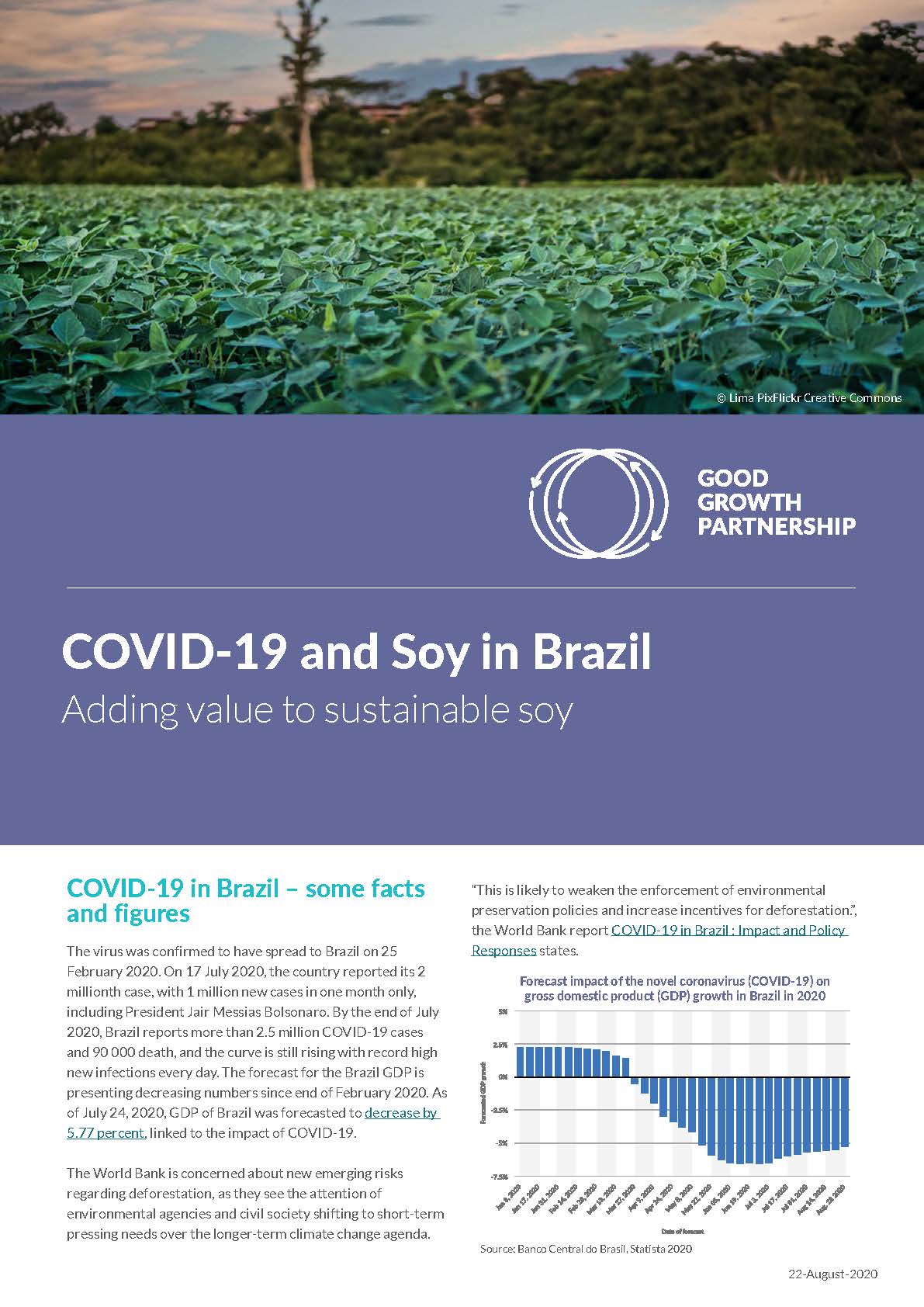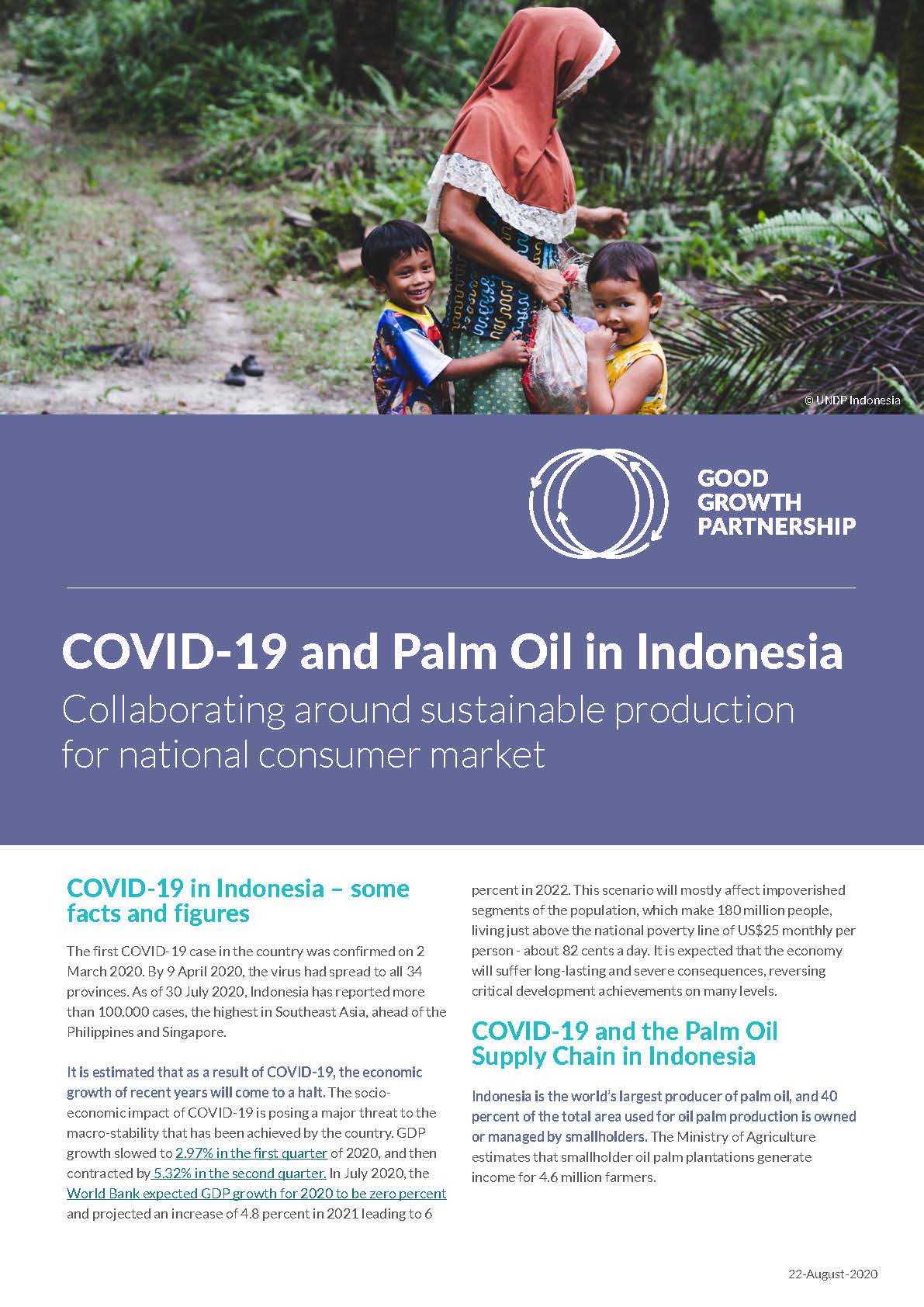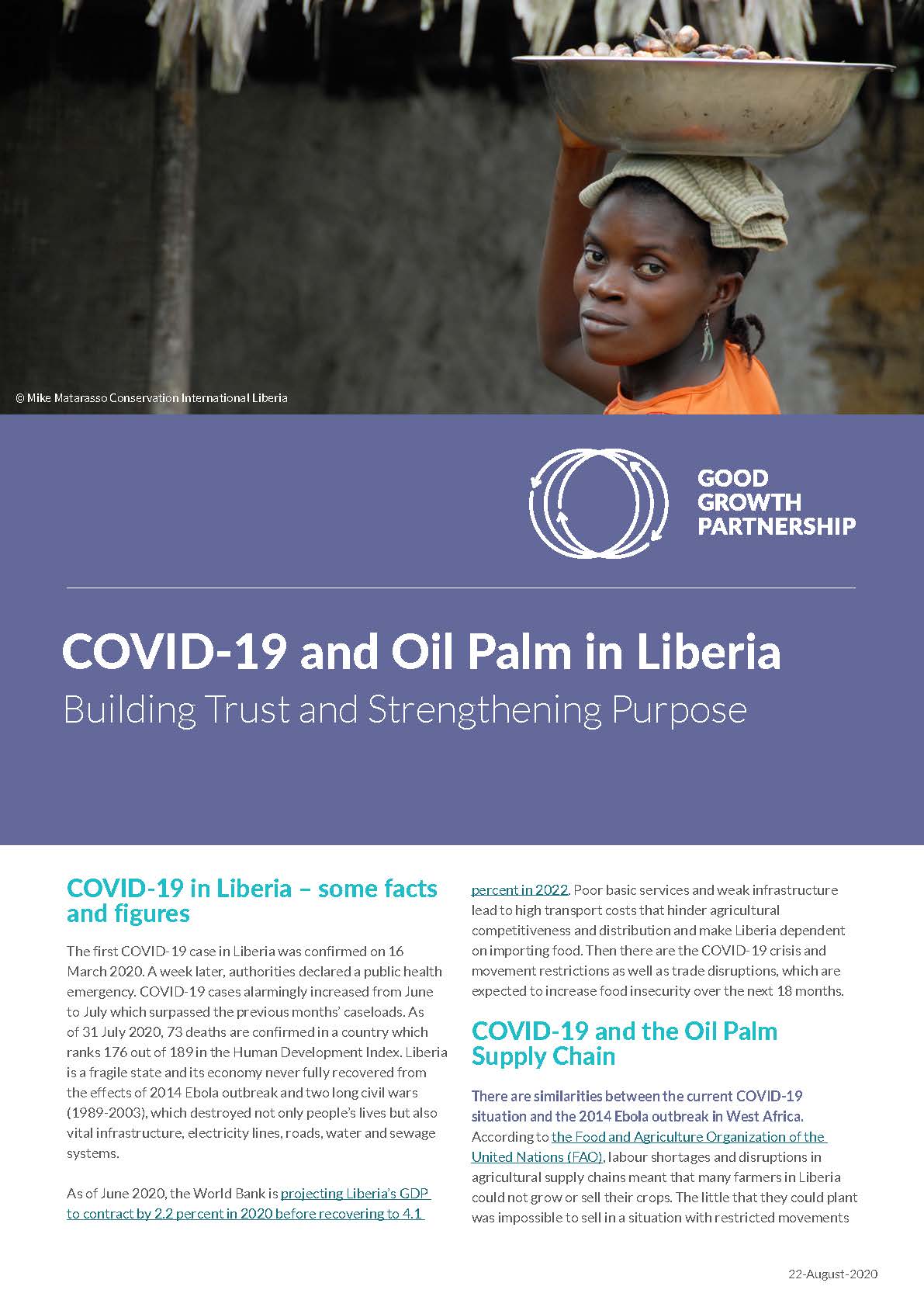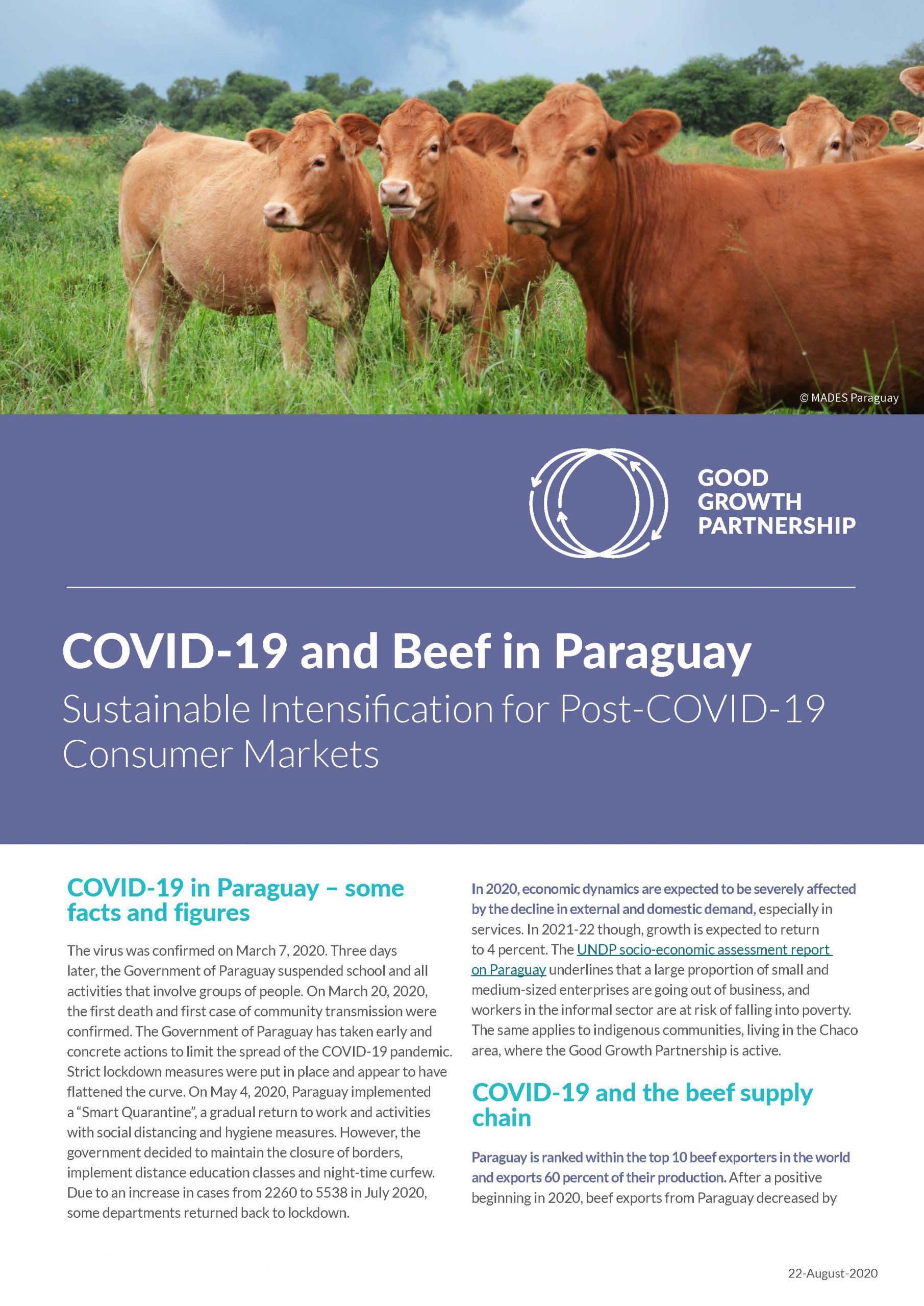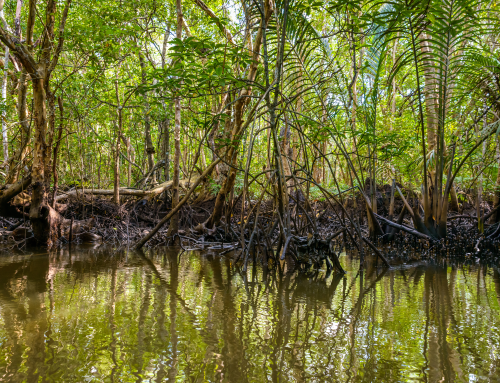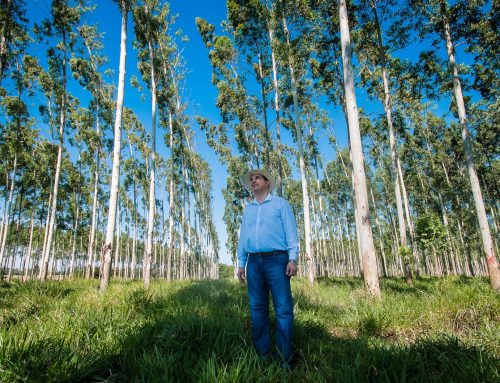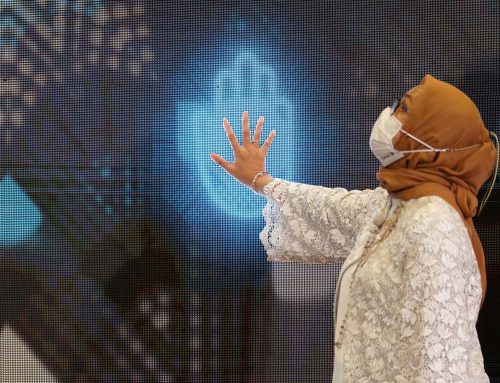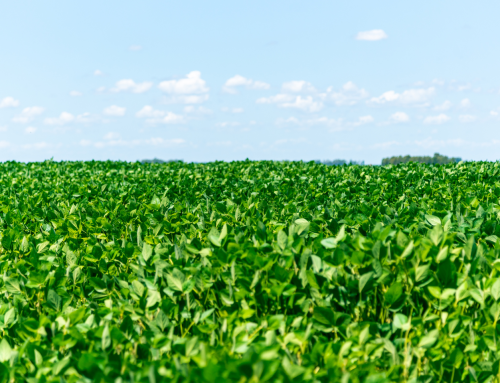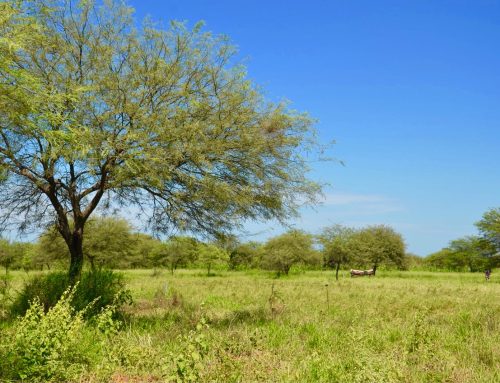Many months after the start of the COVID-19 global pandemic, we continue to witness the unprecedented stress the acute restrictions and lockdowns imposed by countries in an attempt to contain the spread of the virus have caused to food supply chains, with challenges in farm labour, processing, transport and logistics, as well as momentous shifts in demand.
The Good Growth Partnership, with a mandate to convene a wide range of stakeholders and initiatives to enable sustainable development in three key global commodity supply chains -soy, beef and palm oil- is especially mindful of the disruptions and challenges that have emerged as a result of COVID-19 in the four countries where it operates: Brazil, Indonesia, Liberia and Paraguay.
In Indonesia, for example, the economic growth of recent years has come to a halt as a result of the pandemic, which is posing a major threat to the macro-stability that had been achieved by the country. In July 2020, the World Bank expected Indonesia’s GDP growth for 2020 to be zero percent. Among many other causes for alarm resulting from this shocking prediction, the implicationsfor Indonesia’s journey towards sustainability are clear. Prior to the pandemic, a study on developing sustainable consumer markets in Indonesia carried out by a Good Growth partner showed that 60% of the country’s population were willing to buy sustainable products, even at a higher price. Of course, the willingness to buy sustainable palm oil at a higher cost may decrease as people’s incomes decline.
In Brazil, where the coronavirus was first confirmed in February 2020, the World Bank is concerned about new emerging risks regarding deforestation, as they see the attention of environmental agencies and civil society naturally shifting to short-term pressing needs over the longer-term climate change agenda. What are the implications of this change of scenario to Brazil’s supply chains? The country is responsible for the production of 34% of the world’s soy, and its production is expected to increase in the coming years as a response to an ever growing demand. Around 120 million tons were harvested only in the first half of 2020 – already a 5.6% increase compared to 2019 production. And as Brazil breaks records in soybean exports, the potential for deforestation is proportionally increasing.
With equally concerning scenarios happening in Liberia and Paraguay, the Good Growth Partnership needed a deeper comprehension of the individual challenges of these countries and how to efficiently direct the Partnership’s efforts to better support them. As a result, the Good Growth Partnership is presenting four research papers aimed at analyzing and better understanding its role in supporting a resilient, sustainable and green COVID-19 recovery in these four countries – from applying innovative approaches to finance for a more inclusive and sustainable growth model in the Indonesia palm oil supply chain that goes beyond short-term economic thinking, to facilitating commitments of traders toward no deforestation and zero conversion in Brazil’s soy supply chain.
Read each of the Good Growth Partnership COVID-19 Recovery papers by clicking on the respective images below.

